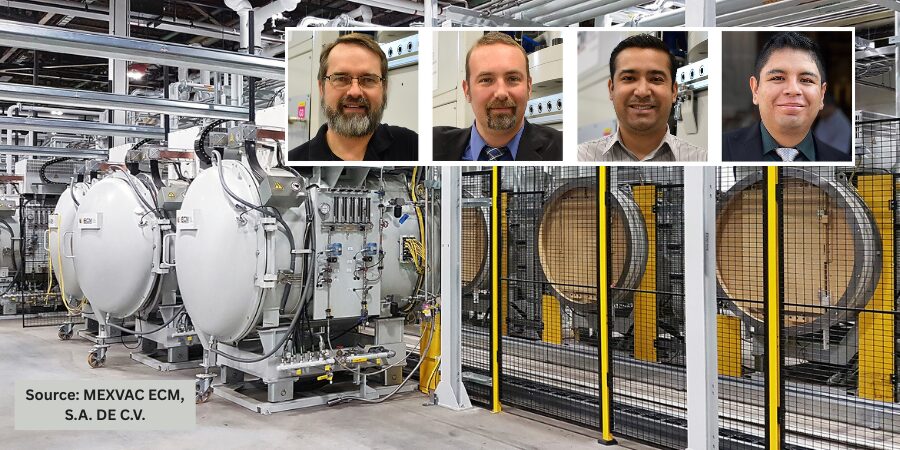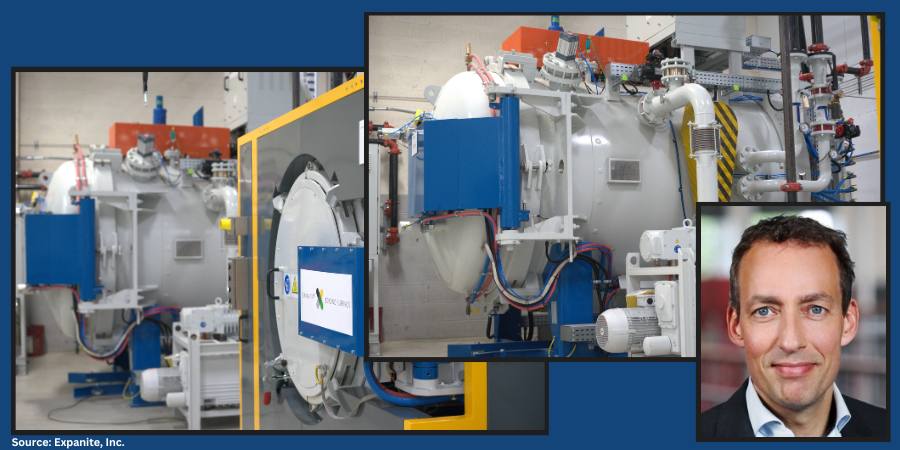A coating system that enables light and strong titanium alloy to replace steel based bearings in landing gear on the Airbus 350 and 380 passenger jets could soon be used in human hip and knee replacements. An advanced hard coatings specialist has been awarded funding from Innovate UK, the government backed sponsor of breakthrough technologies, to research the medical application of this process. The development has promise as an enabling technology that may lead to customised implants made by additive manufacturing leading to light, strong, safer and longer-lasting joint replacements with potentially huge savings for the National Health Service (UK).
Titanium is already widely used in orthopaedic surgery as bone splints, plates and other devices. The material has high strength, fatigue resistance, lightness and good biocompatibility, though long term use can cause staining to skin tissue. Unfortunately, it performs poorly in load-bearing situations due to its relative softness. When used in aircraft bearings, the company, Wallwork Cambridge, overcomes this with a duplex coating process where deep nitrided cases are created in the metal surface to make it more resilient. This is then followed by the application of a hard micro-thin and highly lubricious coating by physical vapour deposition (PVD). The company is one of the largest PVD processors in Europe.
Knee and hip replacements are usually made from an alloy of cobalt, chrome and molybdenum (CoCrMo) or from ceramics. These materials are sometimes used in hybrid structures in combination with high-density polymers. Issues have arisen of metal-ion leakage from CoCrMo devices, plastic degradation and breakage or chipping of the ceramic implants in active individuals. This can cause pain and discomfort to patients and be highly damaging to surrounding tissues.
A patented coating, Agilliant, is under development at Wallwork that will provide an effective barrier against the release of metal ions and which also includes a small proportion of silver to give active protection from postoperative infection. The material is super smooth, permitting the easy passage of tendons so that they do not become inflamed. The barrier is also effective against bio-tribo corrosion by the synovial fluid that still acts as a natural joint lubricant in artificial implants.
Head of research and development at Wallwork, Dr Jonathan Housden, explained, “The duplex coating process, incorporating Agilliant as the final coating, opens the way for the introduction of a new generation of durable titanium implants. These will be lighter and more comfortable for the patient with fewer complications caused by postoperative infection and mechanical wear. Early trials to simulate many years of use suggest that the joints will, in many cases, outlive the patient, leading to a £300 million annual saving for the NHS by allowing more efficient use of orthopaedic resources as rework of failed or compromised treatments are reduced.”
Wallwork anticipates the first patient trials for the new devices could commence in as little as four years, after completion of intensive laboratory simulations.
Source: Ainsworth Maguire PR





